ARTICLE AD BOX
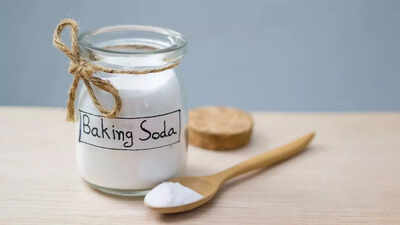
Baking soda, or sodium bicarbonate, isn’t just for the kitchen—it’s a versatile ally in the garden. From controlling fungal infections like powdery mildew to adjusting soil pH for acid-sensitive plants and even deterring slugs, this simple household ingredient can make a big difference.
By using baking soda thoughtfully, you can support plant health, protect yields, and encourage beneficial insects to flourish alongside your blooms. Here are ten garden plants that particularly benefit from baking-soda care.
Garden plants that thrive with baking soda treatments
Roses

Roses (Rosa spp.), originally from Asia, Europe, and North America, are notorious for attracting powdery mildew. A weekly baking-soda spray disrupts fungal spores, helping petals remain pristine.
The pruned spaces between canes also serve as nesting spots for ladybugs and lacewings, which naturally control aphids. Most hybrid roses are non-invasive, making it safe to apply baking soda regularly to protect blooms and support pollinator activity.
Peas

Peas (Pisum sativum), native to the Mediterranean and Near East, are prone to powdery mildew in humid climates. A gentle foliar spray of baking soda mixed with water and a dash of horticultural oil can keep mildew at bay, ensuring healthy pods.
Alongside these climbing vines, mason bees often excavate tunnels in sandy soil, supporting pollination. Treating your pea plants early, at the first sign of white powder, encourages vigorous growth while keeping chemical use minimal.
Cucumbers
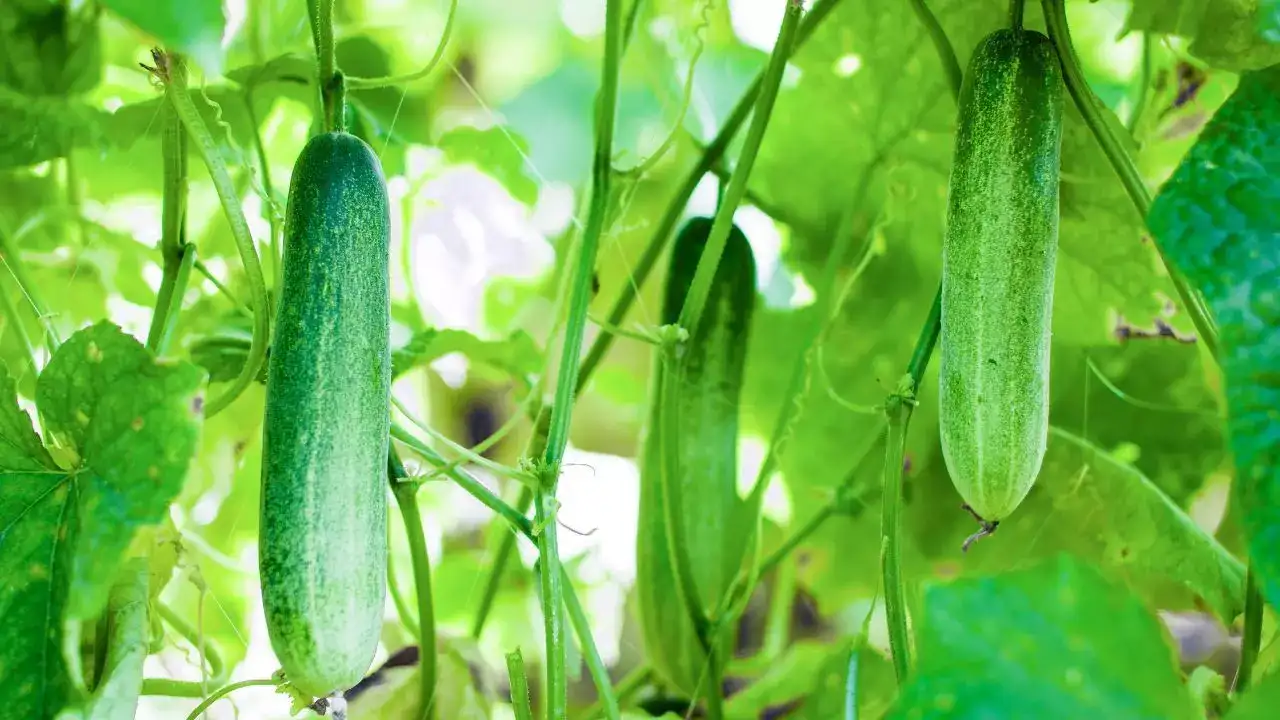
Cucumbers (Cucumis sativus), native to India, thrive in warm weather but often face powdery mildew in humid conditions. Spraying the leaves every 7–10 days with a baking-soda solution keeps foliage healthy, allowing the plants to focus on producing crisp fruits.
Ground beetles frequently nest at the base, helping control slugs. Cucumbers rarely escape cultivation, so you can treat them liberally without worrying about invasiveness.
Zucchini

Zucchini (Cucurbita pepo), from Mesoamerica, can quickly develop powdery mildew once the canopy closes. A simple baking-soda spray—about one teaspoon per quart of water—forms a protective layer that deters fungal spores. Soldier beetles often shelter in the soil below, providing natural pest control.
Zucchini spreads widely but is not invasive, and regular treatments keep leaves clean and plants productive throughout the season.
Grapevines
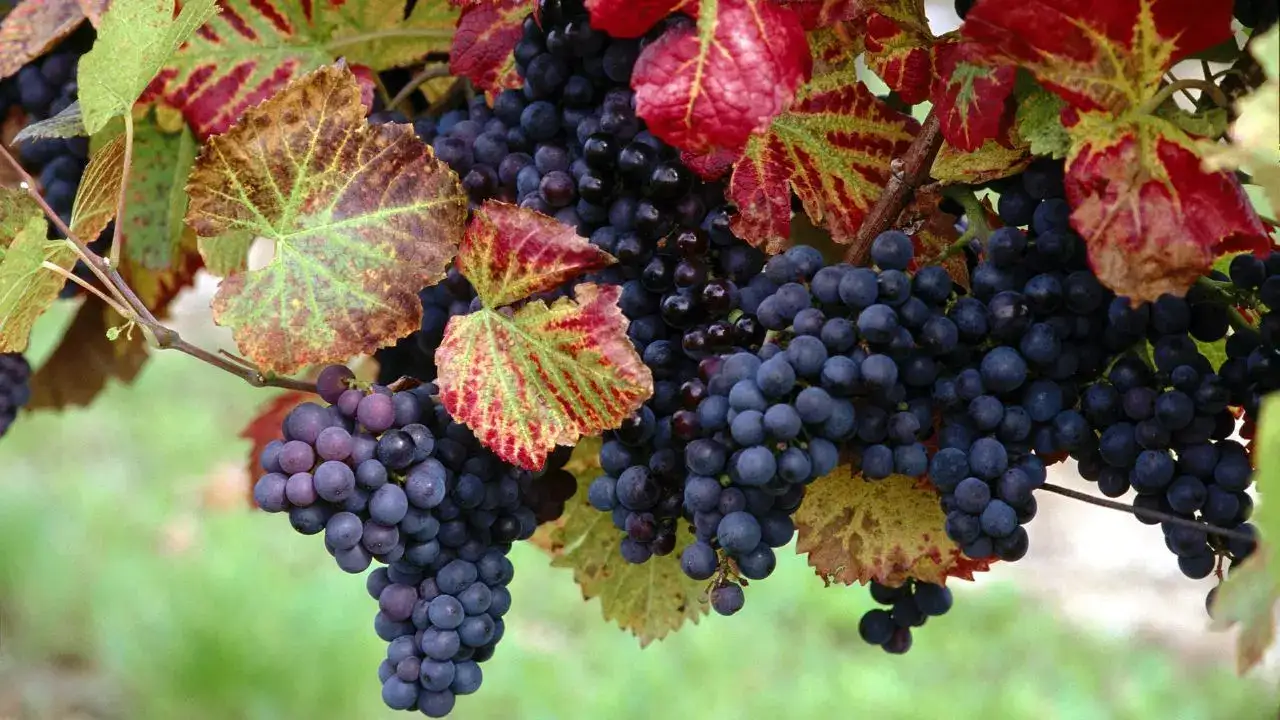
Grapevines (Vitis vinifera), originating in the Mediterranean, are vulnerable to powdery mildew in damp vineyards. Baking soda sprays alter the pH environment, reducing fungal growth on young shoots and fruit clusters. Solitary bees nesting in nearby soil benefit indirectly, as healthier vines support more blossoms for pollination.
Cultivated grapes remain contained within rows, making them ideal candidates for consistent baking-soda care.
Tomatoes

Tomatoes (Solanum lycopersicum), from the Andes, occasionally suffer from powdery mildew in humid gardens. A careful baking-soda foliar spray preserves leaves without harming flowers, ensuring fruits ripen well. Predatory mites often inhabit thick foliage, preying on spider mites. Volunteer tomato plants may appear unexpectedly, but routine baking-soda treatments on main crops reduce disease reservoirs, promoting abundant, healthy harvests.
Hydrangeas
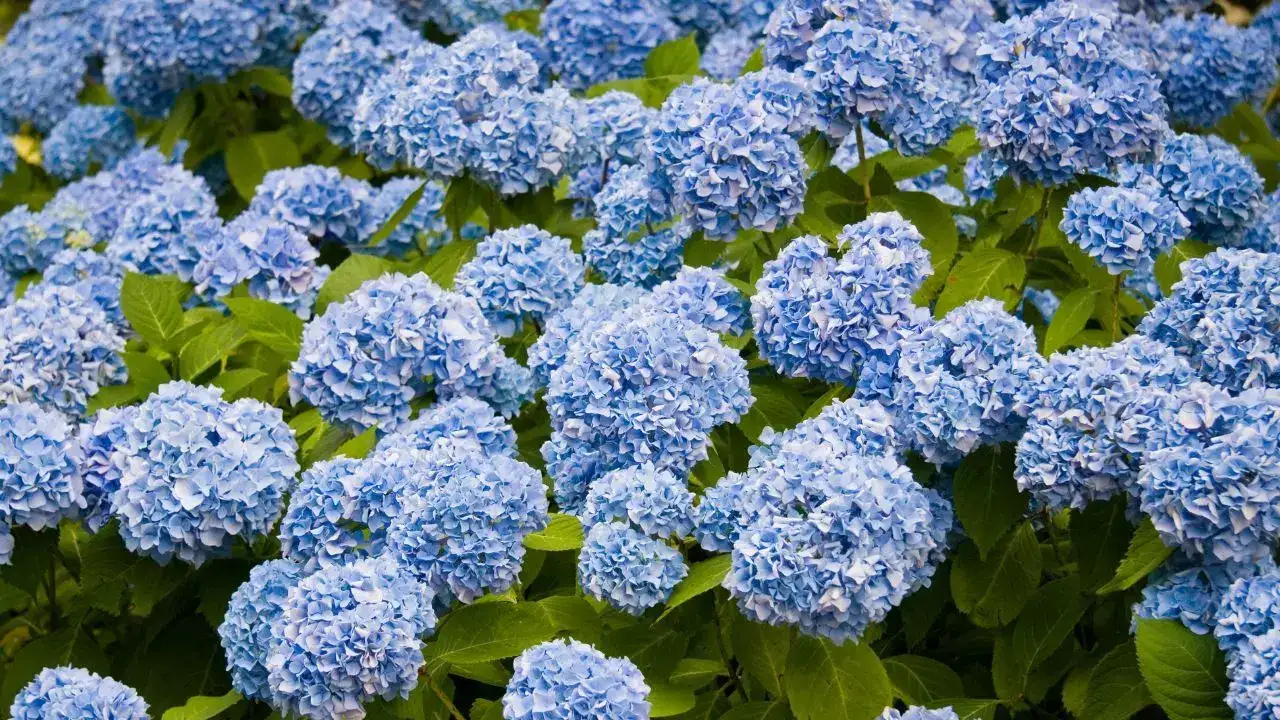
Hydrangeas (Hydrangea macrophylla), native to Japan and China, respond to baking-soda applications that slightly raise soil pH, enhancing pink tones in flowers. A light soil drench in spring can shift blooms from blue to vibrant pink. Earthworms living around the roots improve aeration, complementing soil amendments. Hydrangeas are rarely invasive, so experimenting with pH adjustments using baking soda is safe and rewarding.
Hostas
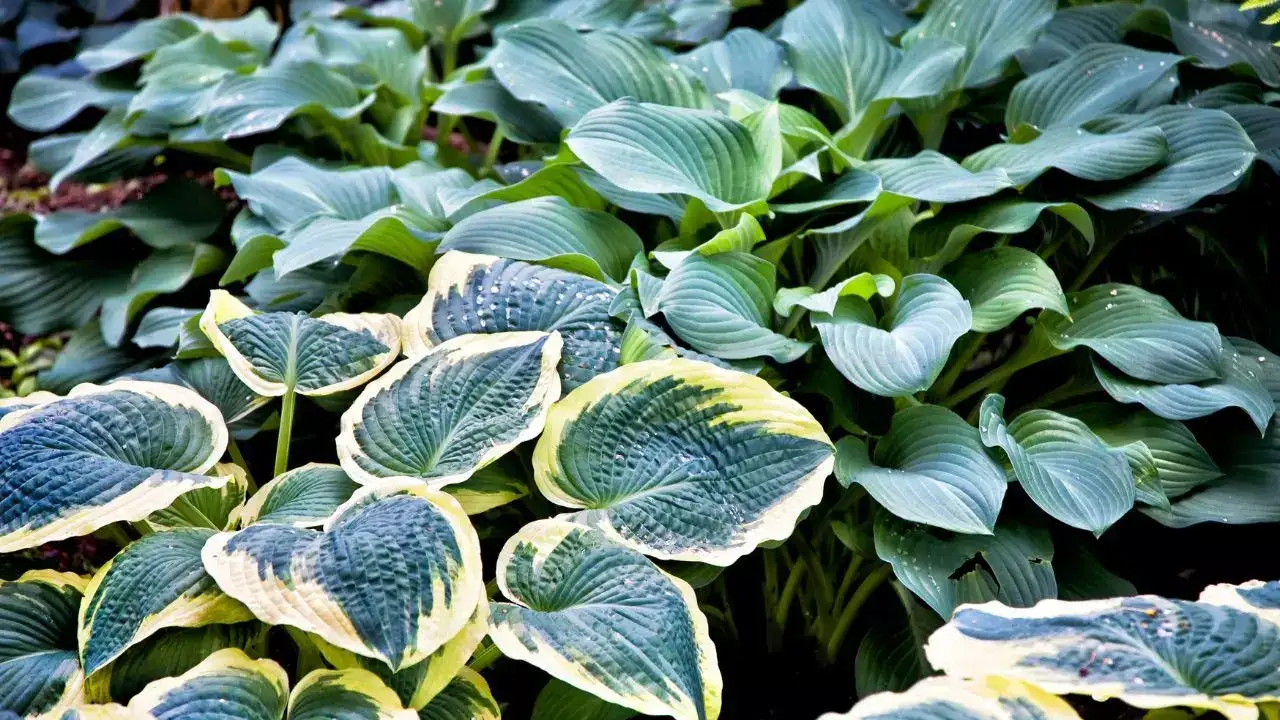
Hostas (Hosta spp.), from Northeast Asia, are popular shade plants often targeted by slugs. A baking-soda barrier around the base deters these pests while allowing beneficial soil insects, like springtails and ground beetles, to thrive. Hostas can naturalize in woodland gardens, but regular baking-soda applications keep foliage pristine and pest-free, ensuring the plants remain healthy and visually striking.
Strawberries

Strawberries (Fragaria × ananassa), derived from European and Chilean species, are susceptible to gray mold and powdery mildew in wet summers. Foliar baking-soda sprays protect blossoms and young fruit, reducing harvest losses. Solitary bees nesting in the soil help pollinate the tiny white flowers, supporting fruit production. Timely applications maintain both yield and berry quality, giving gardeners a sweet, disease-free reward.
Beans

Beans (Phaseolus vulgaris), domesticated in Central America, can develop powdery mildew when planted densely. A quick baking-soda spray combined with adequate spacing promotes healthy foliage and higher yields. Predatory wasps often nest in empty pods, keeping caterpillars in check. These annuals do not naturalise aggressively, making regular baking-soda treatments a safe, effective way to protect leaves and support robust plant growth.Also Read: 8 garden plants that can harm your children: What every parent should know



.png)
.png)
.png)
















 1 week ago
8
1 week ago
8







 English (US) ·
English (US) ·